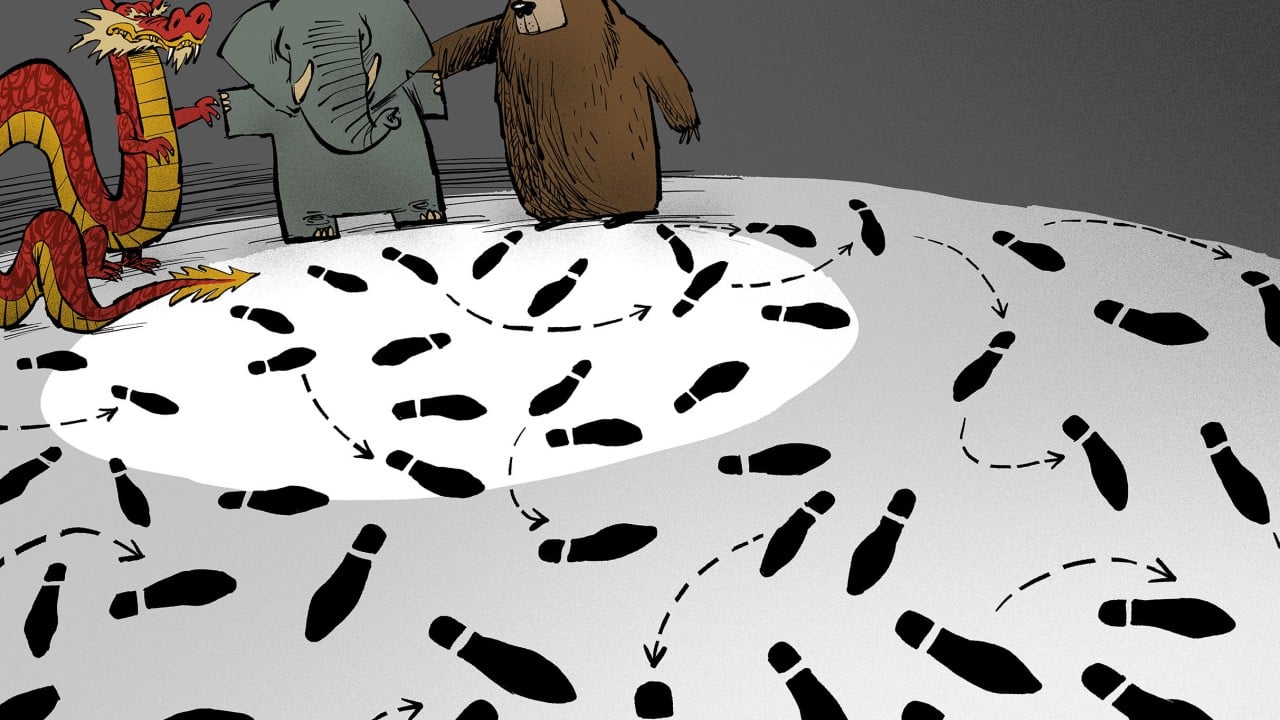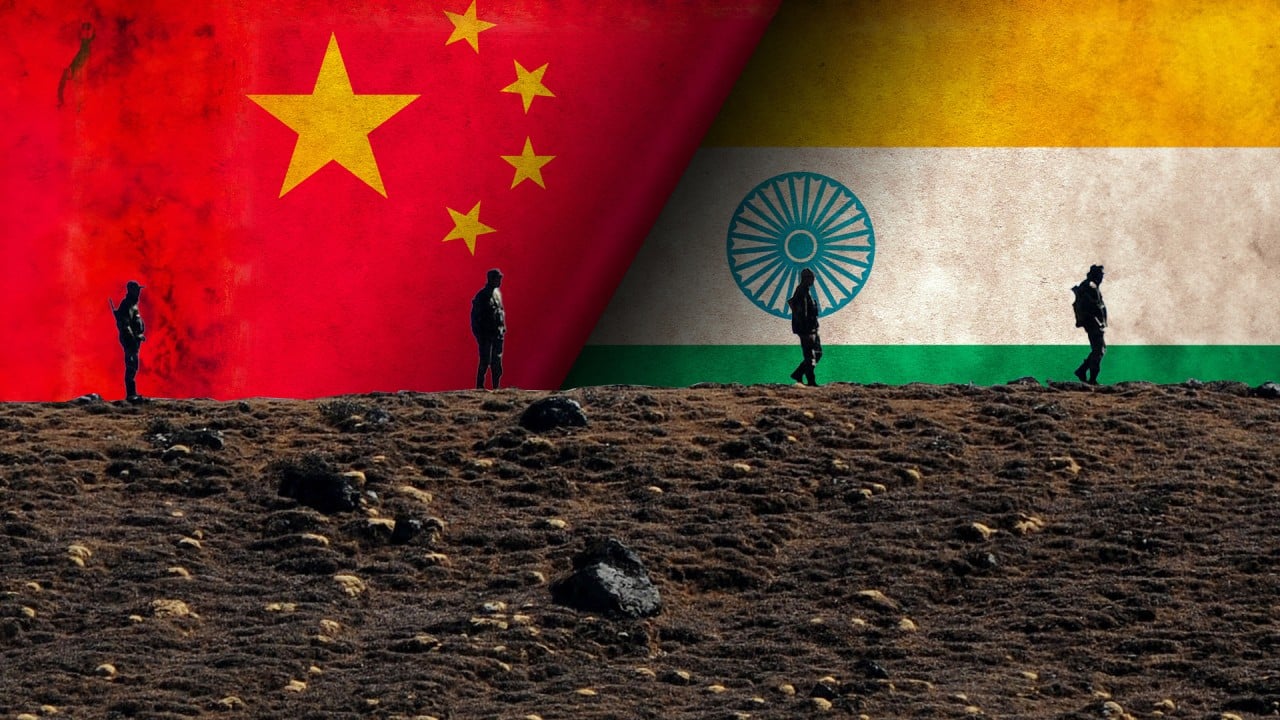As geopolitical tensions realign global power centres, the trilateral forum of Russia, India and China (RIC) is seeing renewed diplomatic interest. While Moscow has expressed optimism about reviving the grouping and Beijing seems to support the idea, New Delhi has walked a cautious tightrope between signalling openness and managing its strategic autonomy.
Advertisement
Against the backdrop of an increasingly transactional and multipolar world, the question arises: Can the elephant, the dragon and the bear truly dance together again, or is this just strategic choreography shaped by necessity?
For Moscow, the RIC revival serves a dual strategic purpose. Isolated by the West over the Ukraine war and facing sweeping sanctions, Russia finds itself increasingly dependent on Asian partnerships to sustain its economy and counter international isolation. Russia sees the triumvirate as a low-cost yet high-visibility stage to show it has partners who hold weighty stakes in Asian stability. Russian Foreign Minister Sergey Lavrov’s call for RIC revival in June reflects Moscow’s diplomatic imperative as well as projects it as a regional mediator.
RIC offers Russia a multilateral forum to demonstrate non-Western solidarity, and this revival has the potential to strengthen the Brics bloc, which is of utmost importance for Russia to counter Western institutions such as the Group of 7 (G7) and the International Monetary Fund. Moscow arguably stands to gain the most from reviving RIC, leveraging the platform to reaffirm its Eurasian influence while subtly balancing its deepening reliance on China.
This latter relationship, though mutually beneficial, has raised concerns about growing asymmetry. RIC would allow Moscow to engage both India and China on an equal footing, reinforcing its image as an independent power, maintaining strategic flexibility and reducing the risk of being overshadowed by China in a bilateral setting.
China’s support for RIC’s return is neither sentimental nor symbolic. When asked about RIC at a press briefing, Foreign Ministry spokesman Lin Jian indicated that China-Russia-India cooperation was essential for regional stability. However, China is focused on the People’s Liberation Army’s modernisation goals and potential Taiwan-related contingencies. As Beijing sharpens its focus on maritime priorities, it is keen to stabilise its continental flank with India, with which relations have remained tense since the 2020 Galwan Valley clash.
Advertisement


